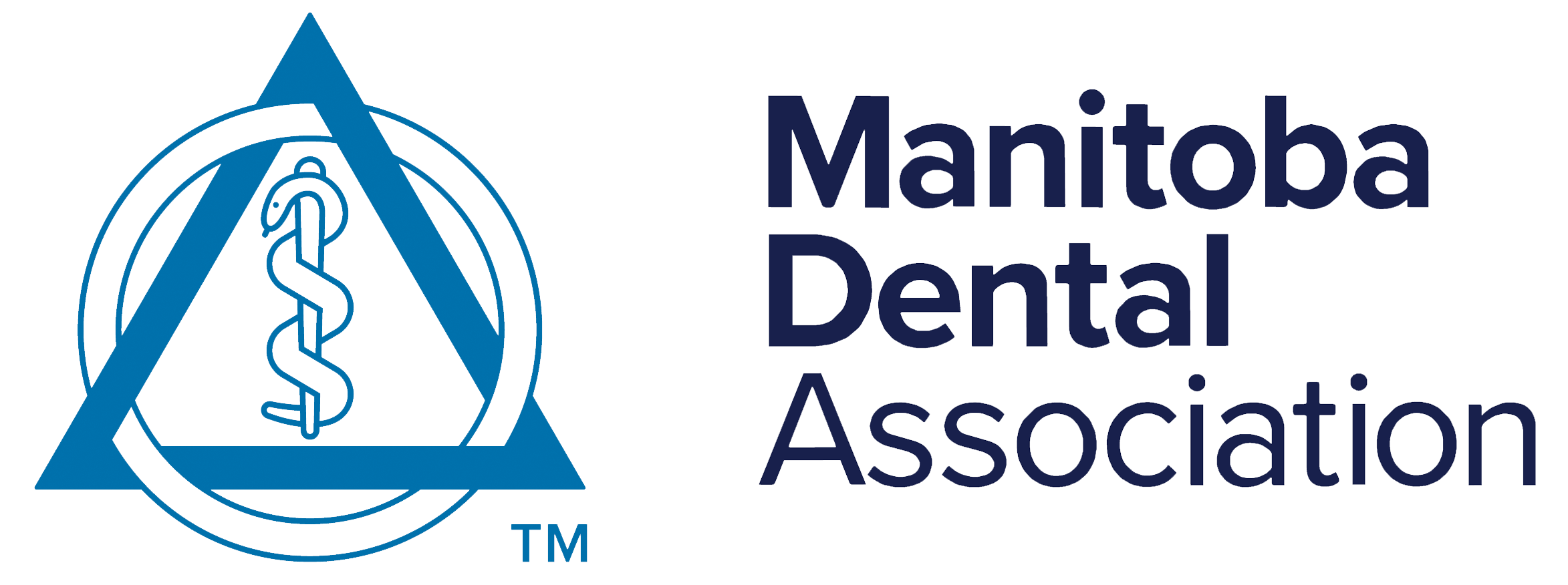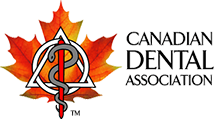About Manitoba Dental Association
The Manitoba Dental Association (MDA) is the regulatory body for Dentists and Registered Dental Assistants in the province of Manitoba.
It provides the dual function of regulating these professions in the public interest and providing guidance to both the public and registrants resulting in the delivery of quality oral health care for all Manitobans.
Mission
The MDA is dedicated to the interests of the public through the regulation of Dentists and Dental Assistants in Manitoba. The MDA provides guidance to the public and its members with the goal of delivering quality oral healthcare, and essential component of general health, for all.
Vision
The best interest of the public is the best interest of the profession.
Strategic Themes / Goals
Public Trust: We have upheld public trust by regulating in the public interest.
Excellence in Learning: We have supported the development of a qualified profession.
Culture of Community: We have created a culture in our community that fosters excellence in oral health. #wearecommunity #supportourpeeps
Access to Care: We have prioritized access to oral health care for all Manitobans.
Responsibilities
The policy making body of the Manitoba Dental Association is the Board of Directors. Its authority comes from the Dental Association Act. The Act is updated to reflect current professional and health care policy. In 1971, two key changes were made to the legislation: the addition of a Government appointed person to the Board, and the requirement that continuing education would be mandatory for re-licensing. In 1993, the Peer Review Section of the Act was updated to allow a range of options for disciplining a dentist and for the process to be more transparent to the public.
In 2006, The Act was again amended which removed the requirement for dental hygienists to be registered with the Manitoba Dental Association. The Province of Manitoba, through legislation, granted self-regulatory status to the profession of dental hygiene,
and The College of Dental Hygienists of Manitoba (CDHM) was formed. The amendments also allowed for the registration and certification of registered dental assistants by the Manitoba Dental Association.
The Board generally governs the MDA and its registrants through motions passed at Board Meetings. The work of the Board is performed by numerous committees. Committees bring their recommendations to the Board for approval. If a committee recommendation will have a substantial effect on the practise of dentistry requiring regulatory guidance for registrants and adherence by them, then it must be developed in the form of a by-law.
Once a committee is satisfied with the draft by-law it is presented to the Board for approval. The Board considers the recommendation and, if in agreement passes the by-law, establishes a date it will come into effect and distributes it to the membership. If registrants object to the by-law and write to the MDA stating their concerns, the bylaw does not come into effect but must be discussed at a general meeting of the MDA. At that time, and after discussion, a decision to either ratify or reject the by-law is made. If the membership rejects the by-law with recommendations, those are taken back to the committee for consideration. The above process is repeated until ratification by the membership and enactment of the bylaw by the MDA Board is achieved. All members must know, understand and comply with these by-laws.
Standards of Practice are developed in response to a significant public risk and may vary by provincial jurisdiction. All registrants must know, understand and comply with these standards. If consultation is recommended or required by the public, special interest groups or other health professionals, this is sought after board approval and prior to member ratification.
Structure
The Manitoba Dental Association currently performs two major functions: (1) regulating the profession in the public interest and (2) providing membership services to maintain the public trust and provide guidance to members.
The Dental Association Act details the powers, authority and responsibilities of the MDA as a licensing authority. The Act reserves both the title and function of dentists and registered dental assistants for those who are licensed as dentists and certified as registered dental assistants.
Board Structure
The MDA is governed by a Board of 11 Directors. Board Directors are elected for a 2-year term as follows (see also MDA General Bylaw) and are voting members:
- Elected Dentists
- Central (Winnipeg & surrounding area) - 4
- Western (Portage la Prairie west & south of Riding Mountain National Park) – 1
- Northern (the remainder of Manitoba) – 1
- The immediate Past-President (one year term only)
- Representatives of the Minister of Health - 3
- Representative of the licensed Registered Dental Assistants Association -1
Other Board attendees:
The Dean of the Dr. Gerald Niznick College of Dentistry, University of Manitoba, and the Director for Manitoba of the Canadian Dental Association are non-voting observers at Board meetings.
The MDA Registrar performs a statutory role for the MDA as set out in the Dental Association Act and acts as an advisor in this regard to the Board. The Registrar is non-voting. The Director of Regulatory Programs (staff) provides regulatory support to the Board and is non-voting.
The Chief Executive Officer serves as Secretary Treasurer to the Board and is responsible for the overall management of the Association including human resources. The Director of Member and Public Relations (staff) serves as resource in the areas member
programs and public events. Both are non-voting.

